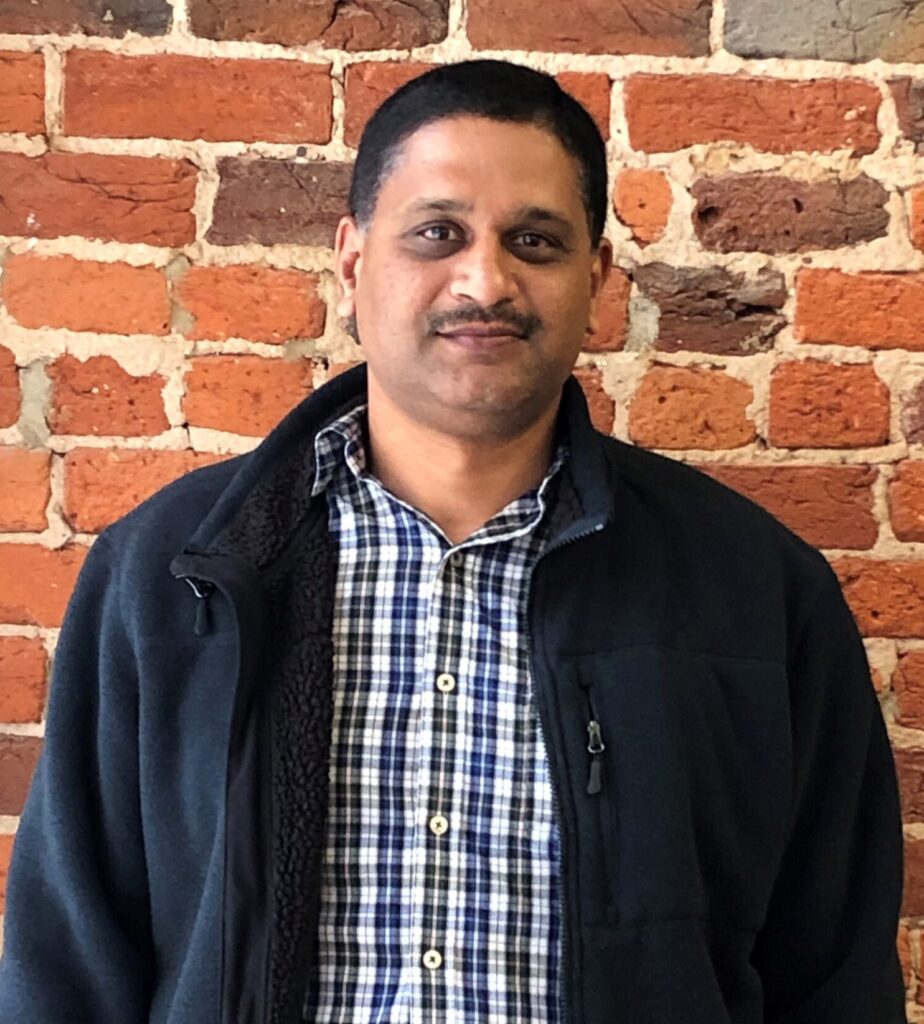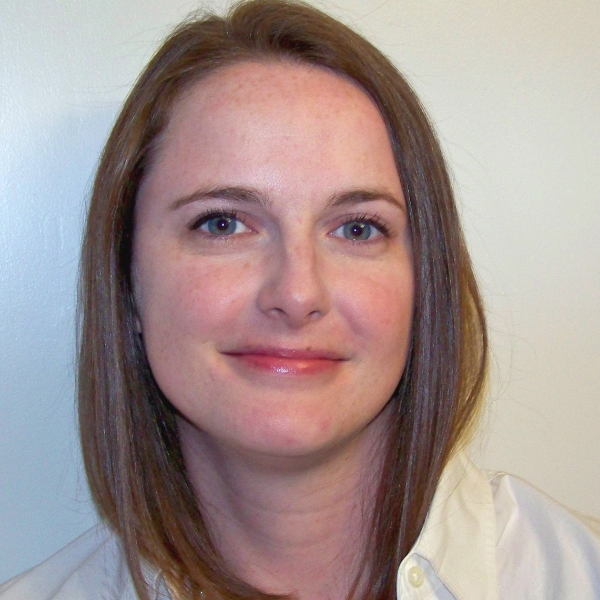Senate Environment and Public Works Committee holds PFAS and Passive Receivers Hearing
On March 20, 2024, the U.S. Senate Committee on Environment and Public Works convened a hearing into the impacts of designating PFAS chemicals as hazardous substances under the Comprehensive Emergency Response, Compensation, and Liability Act (CERCLA). The hearing underscored two indisputable facts. First, the U.S. Environmental Protection Agency (USEPA) is taking an unprecedented step of designating […]

